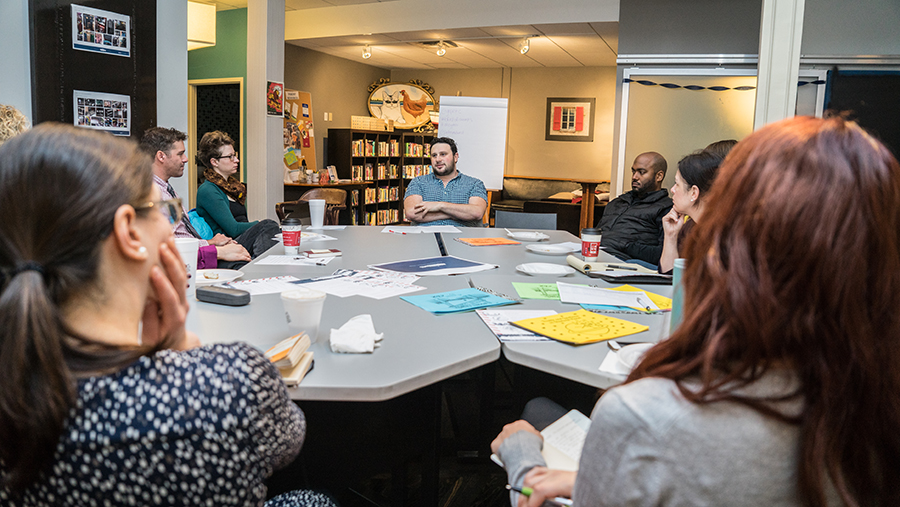



Either way, she’s had two feet in leadership and violence prevention work for several years, and her role at Project H.O.P.E. is just the latest step on her journey to empowering others.

Bianca needs your help to activate change. She is creating a space for herself and other youth to be heard.

Project H.O.P.E. will help young people see how powerful self-expression can be. While many youth suffering from trauma feel their story has already been written for them, Bianca disagrees.





Bianca’s Story
“My mom prepared all of us children to be able to conquer pretty much anything, as we witnessed her do just that.”
Bianca’s mother is her hero. Bianca watched her push through significant life battles with grace. Four years ago, they faced their biggest challenge: fleeing a domestic abuse situation in their home, which left them both homeless. Thirteen years earlier, Bianca’s father was incarcerated — he was not around to watch her grow up.

2010 was a very significant year for Bianca. She graduated from high school, lost a friend due to gun violence, became homeless, started college, and broke free from a domestic violence situation that had overshadowed her home life.

WE ALL HAVE TO START SOMEWHERE
“At times I felt like my skin wasn’t light enough to woo someone or get them to invest in Project H.O.P.E.”
Bianca is not waiting for permission. She is ready to lead. And she feels she must, because if not her, who else? She sees a serious lack of young black leadership in her community. And this makes it a real challenge for her to feel accepted and find help.

An organization listened to her. They heard her voice. And she wants to keep the same sort of magic alive in her own organization.
EVERY YOUTH
BECOMES AN ADULT
“I have experienced many challenges and biases, but I have also received unconditional support and love from mentors and family.”
If young people are given more opportunities to be heard, will we finally listen?

I want our community leaders to be futuristic thinking. A lot of times we build solutions for short-term results, and we forget during this process that every youth becomes an adult. We need to set them up for adulthood success. If there aren’t adults who are leaders and role models specifically for our youth, how do we really think the youth can survive during critical developmental years?”
At 22 Bianca is set to ACT. She feels like she must do what she can to help others.


She is only just beginning.
How are you listening to and empowering youth?


Contributors
















